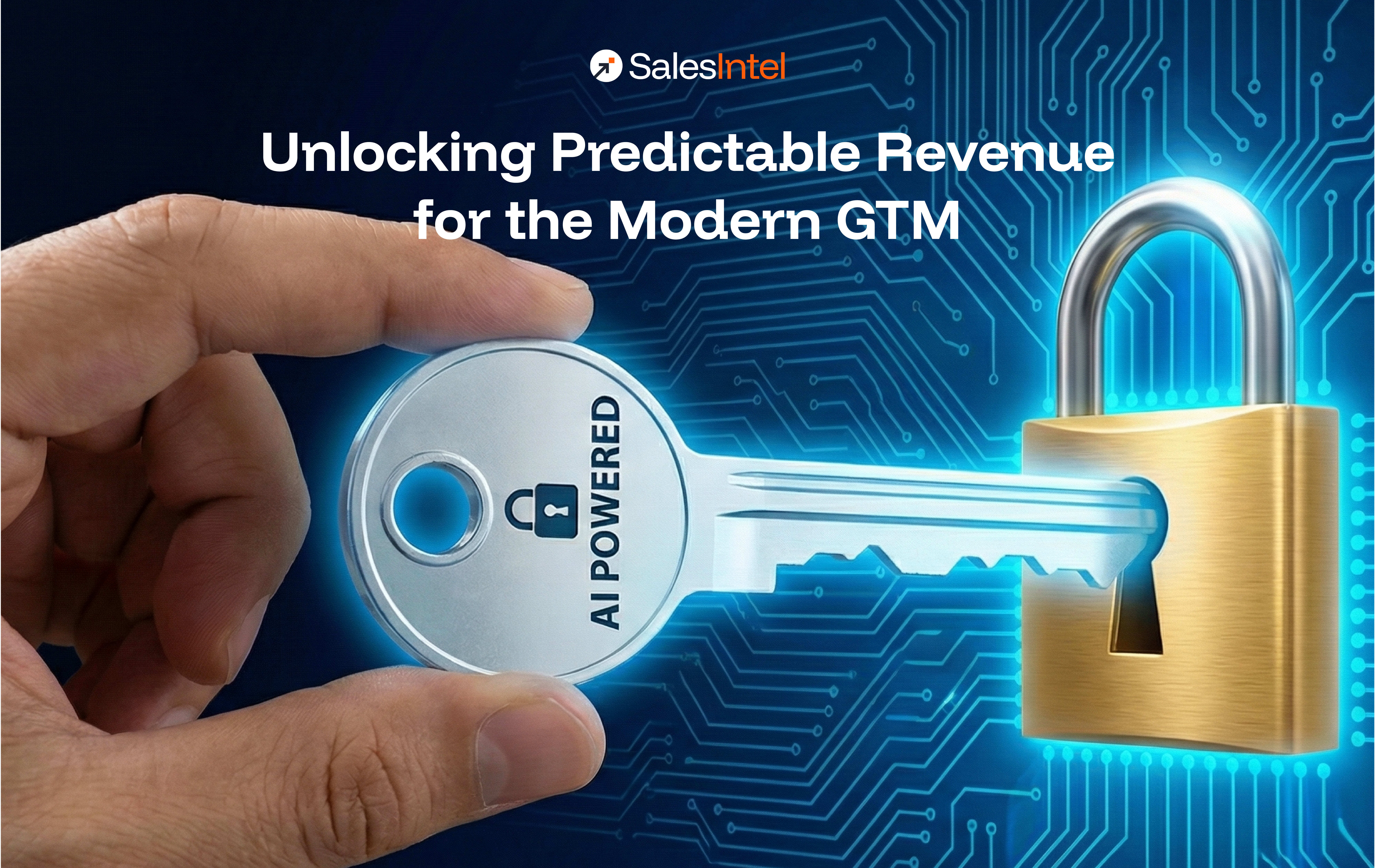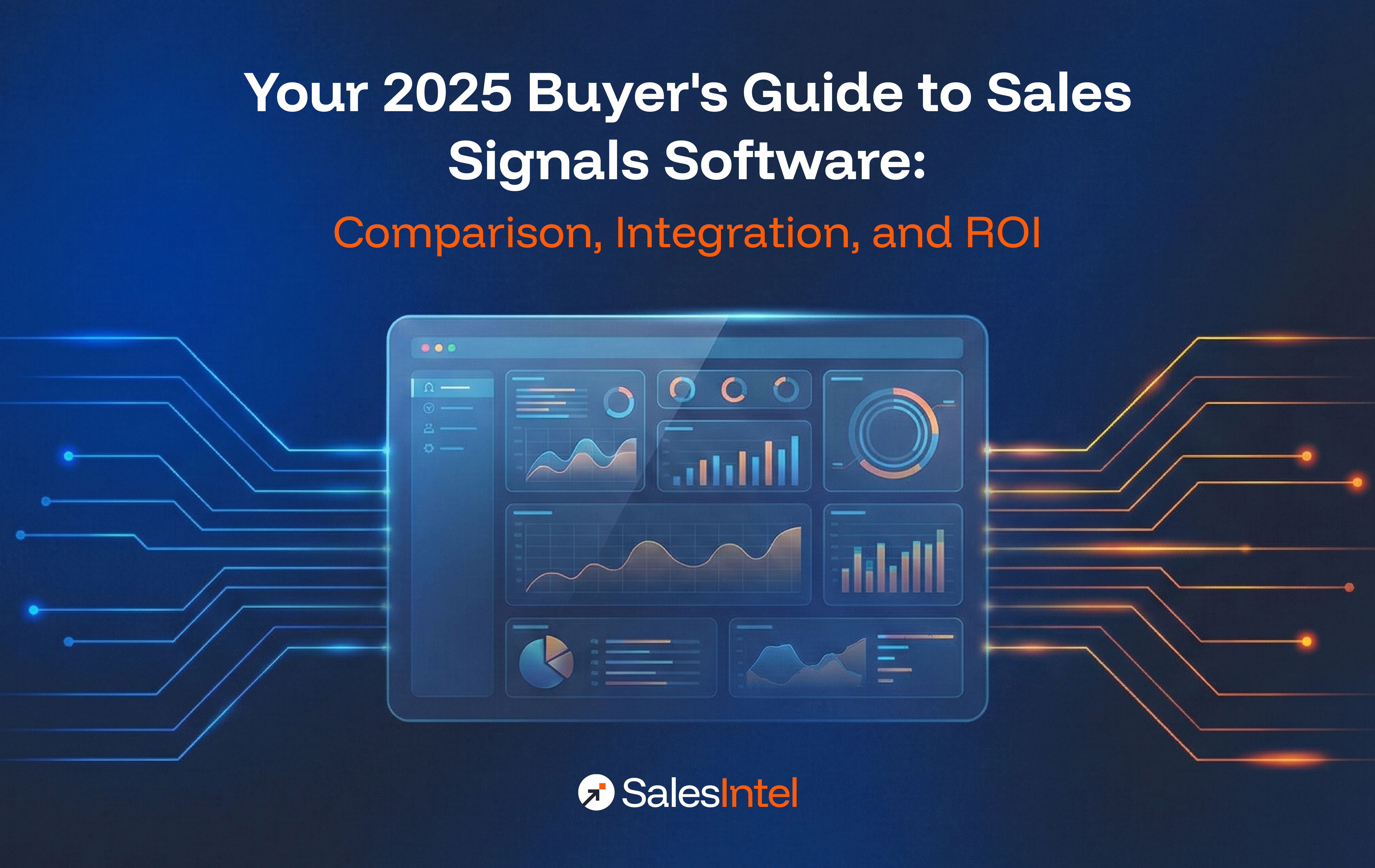Globally, artificial intelligence is revolutionizing the business landscape regardless of industries and company sizes.
If you’re involved in customer service, operate a contact center or any other sector, you’ve likely been relying on traditional lead scoring methods.
But it’s time to question the status quo.
AI offers far more than just efficiency and speed improvements for business processes. It’s a catalyst for innovation that unlocks groundbreaking opportunities and business expansion.
AI can help you craft highly tailored experiences that captivate your customers and set your business apart. But did you know that AI can also transform the way you identify and cultivate potential customers?
This post will help you discover how AI lead scoring is completely changing the way businesses assess and prioritize their leads, ensuring top-notch sales. By implementing these proven strategies, you can significantly enhance your lead conversion metrics and expand your customer base.
What Is AI Lead Scoring?
AI-powered lead scoring is a predictive analytics tool that assesses and ranks potential customers based on their interactions with a business continuously.
The AI model utilizes this data to forecast which leads are most likely to evolve into paying customers or high-value clients.
Imagine categorizing and prioritizing leads and customers according to their past engagement with an organization to optimize sales and customer success efforts.
With AI, lead scoring models can be constructed, refined, and deployed rapidly, enabling businesses to create multiple scoring systems tailored to specific customer journey stages.
How AI Lead Scoring Works?
AI-driven lead scoring employs sophisticated algorithms and machine learning. It helps you assess and rank potential customers based on their conversion potential.
Data Acquisition
AI compiles information from diverse sources, including website interactions, social media footprints, email engagement, and CRM platforms. This data encompasses demographic profiles, behavioral patterns, and historical interactions with your brand.
Feature Identification
The AI pinpoints key indicators of a lead’s potential, such as industry affiliation, company scale, job title, and engagement intensity.
For instance, a lead interested in computer vision software development might display distinctive engagement patterns, like frequent visits to relevant content, downloads of technical whitepapers, and participation in related webinars. These unique data points are analyzed by the AI to signal high promise, enabling sales teams to prioritize leads most likely to become customers.
Model Development
Utilizing historical data, the AI model is trained to identify patterns associated with successful conversions. It learns which attributes and behaviors correlate with higher conversion probabilities.
Scoring Calculation
The AI applies the trained model to new leads, assigning a score based on their predicted likelihood to convert. This score is typically a numerical value or a classification.
Continuous Optimization
The AI system undergoes constant refinement by incorporating fresh data and feedback from actual sales outcomes. This ongoing improvement ensures the lead scoring model maintains accuracy and relevance.
Integration and Action
The calculated lead scores are seamlessly integrated into your CRM or sales management platform. Here, they are prioritized and acted upon by your sales team. High-potential leads receive immediate attention, while leads with lower scores can be nurtured over time.
Key Advantages of AI Lead Scoring
Implementing an AI lead-scoring system requires significant investment. But is the payoff substantial?
Let’s explore the potential advantages of AI lead scoring:
- Enhanced Precision and Objectivity: AI calculates without emotional bias, identifying high-quality leads that might slip through human oversight.
- Error Reduction: Automation minimizes manual errors like duplicates, ensuring data accuracy.
- Adaptability and Scalability: AI models can be retrained with new data to adapt to evolving market dynamics. Additionally, lead scoring scales effortlessly without increasing the team workload.
- Time Optimization: Automated lead scoring gives sales and marketing teams more time to connect with potential customers and grow business.
- Revenue Growth: Prioritizing high-quality leads drives higher conversion rates and increased revenue.
- Seamless Integration: Connect with CRM, ERP, and other platforms for comprehensive analysis and refined modeling. Leverage real-time scoring data for accurate demand forecasting and sales planning.
Implementing AI Lead Scoring in Your Sales Process
Leveraging AI lead scoring significantly enhances your ability to prioritize and convert potential customers. Here’s how to successfully implement AI lead scoring:
Create a Detailed Customer Blueprint
To accurately pinpoint and engage ideal customers, a comprehensive understanding of their characteristics is imperative. By collaborating with marketing and sales teams, businesses can construct detailed customer profiles. These profiles should include details like age, gender, education level, income, job, family size, and where they live.
For B2B enterprises, organizational factors like company size, revenue, industry, existing technology infrastructure, and location are crucial. Analyzing lead behavior, including website interactions, marketing engagement, and purchase history, offers valuable insights.
Moreover, delving into psychological attributes, such as values, attitudes, interests, and purchasing tendencies, helps create a holistic customer picture. Ultimately, identifying the specific challenges a product or service resolves is paramount in developing a truly effective customer profile. While market research and historical data provide a foundation, some level of initial speculation is often necessary.
Accumulate and Centralize Data
Accurately ranking new leads requires a solid foundation of data. To determine lead value, construct a data collection strategy aligned with your ideal customer profiles, gathering information from diverse sources.
Potential data sources include websites, social media platforms, customer relationship management systems, spam filters, and more.
Lead Segmentation
The fundamental objective of any lead scoring system is to assess potential customers based on their suitability and interest. This can be categorized into four primary buckets: avoid, nurture interest, follow up, and convert.
The advantage of lead scoring lies in its ability to provide a more nuanced classification of each lead, facilitating streamlined customer segmentation. A typical system employs a scoring scale of 0 to 100 or 0 to 1, though this can be adjusted to suit specific needs.
Prioritize scoring criteria based on perceived value, assigning higher point values to more critical factors. As you progress through the list, progressively reduce the point value for each category.
Ideally, a lead perfectly matching your ideal customer profile should accumulate a maximum score of 100.
Define Scoring Parameters
Tailor the AI lead scoring parameters based on your ideal customer profile. The model should consider various attributes such as lead behavior, engagement levels, and demographic information to assign scores.
Empower Your Sales Team
Equip your sales crew with the knowledge to interpret and utilize the lead scores generated by the AI tool. Ensure they grasp how to leverage these scores to prioritize outreach efforts effectively.
Best Practices for AI Lead Scoring
AI helps sales and marketing teams pick the best leads. Here are some best practices:
Data Is Key
Data forms the bedrock of successful AI lead scoring. So, make sure your data is correct, complete, and covers lots of details. Use different kinds of information, like who your customers are, what kind of businesses they run, how they act, and what they think. This will make your AI model better. Supplementing internal data with external information further enhances lead profiles.
Model Building and Improvement
Constructing and refining the AI model is paramount. Establishing clear lead scoring goals directs the model’s development. Regularly incorporating new data preserves the model’s accuracy and efficacy. Exploring alternative model structures optimizes performance.
Integration and Alignment
Seamless integration between the lead scoring model and the CRM is essential for streamlined lead management. Aligning sales and marketing teams on lead criteria ensures seamless collaboration. Consistent feedback from these teams fosters model refinement.
Lead Management and Scoring
Strategic lead management means utilizing lead scores to customize interactions. Categorizing leads based on scores facilitates focused campaigns. Periodically reevaluating lead scores to adapt to evolving behavior is crucial.
Overcoming Challenges in AI Lead Scoring
Here’s how you can overcome roadblocks in AI Lead Scoring:
Data Quality Issues
To mitigate data quality challenges, it’s essential to guarantee data precision, completeness, and currency. Regularly cleansing and validating data preserves its integrity and reliability, ultimately enhancing the effectiveness of the AI lead scoring model.
Model Bias
Addressing model bias requires ongoing model refinement and retraining. Utilizing diverse data sources and consistently updating the model diminishes biases, enhancing lead scoring fairness and accuracy.
Integration Difficulties
Harmonizing AI tools with existing systems is crucial for optimal performance. Choose an AI lead scoring platform aligned with your business objectives. You must prioritize features like predictive analytics and machine learning algorithms. It should seamlessly work with your existing IT infrastructure and systems.
The Future of AI in Sales: Beyond Lead Scoring
The future of AI in sales goes beyond lead scoring. It reshapes numerous facets of the sales process effortlessly. Advanced AI empowers hyper-personalized customer experiences, predicts customer requirements, and automates mundane tasks. It enhances sales forecasting through profound insights and optimizes pricing strategies.
AI-driven chatbots and virtual assistants simplify customer help, while advanced analytics provide valuable insights for strategic planning. Embracing these innovations will accelerate efficiency and growth within the sales domain.
Conclusion
Expansion is exciting. As sales grow, teams can become stretched. To avoid overextension and ensure fair, unbiased lead evaluation, AI lead scoring is crucial. By focusing on high-potential prospects and preventing qualified leads from being missed, teams can better use their resources. Setting up an AI lead scoring system requires an initial investment, but the long-term perks are significant.
So, why wait? Harness the strength of AI Lead Scoring to win and drive more sales!




